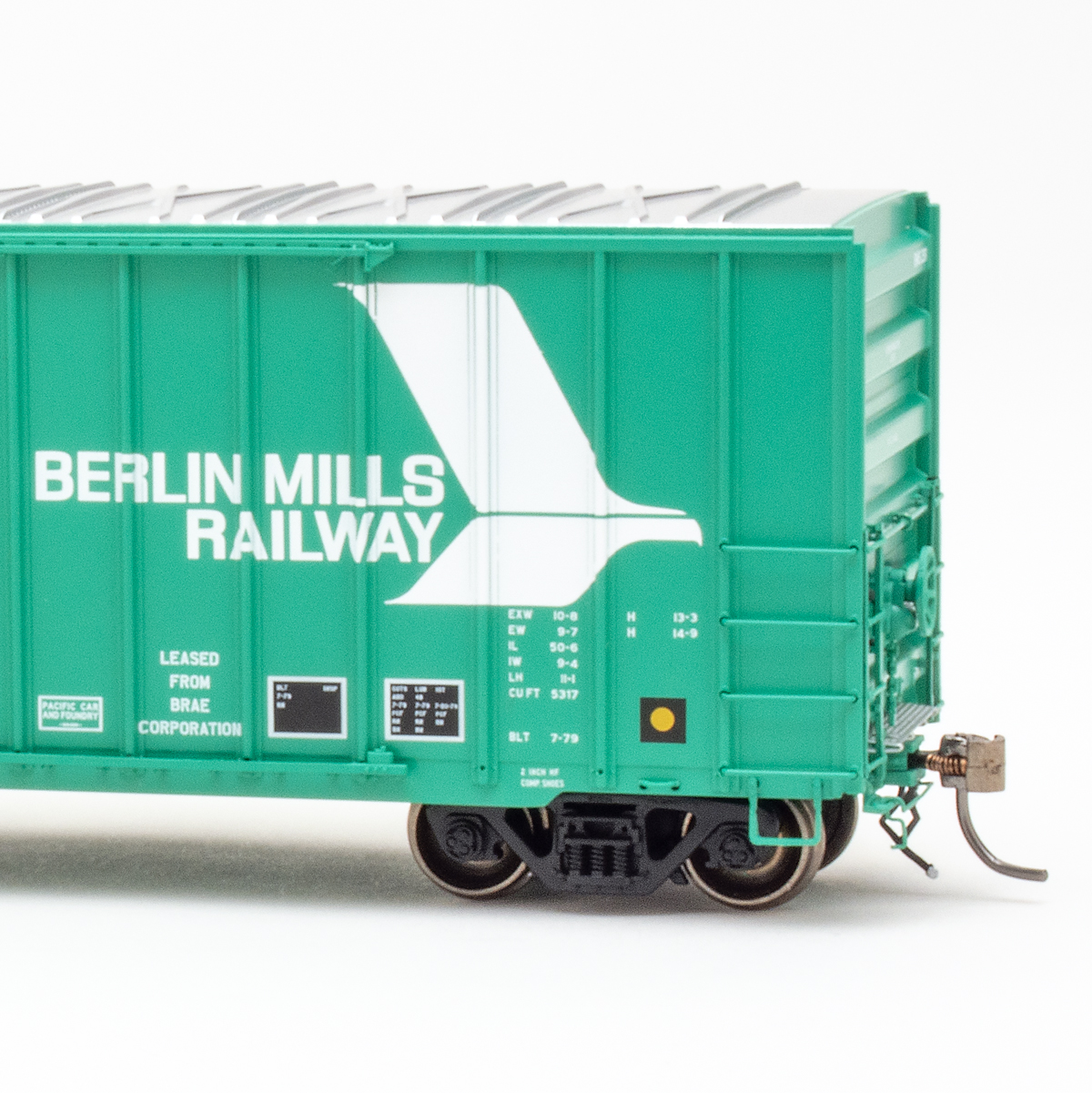WASHINGTON – The trade group representing ethanol producers has told federal regulators that its members are experiencing significant rail service delays and disruptions that could lead to higher gasoline prices.
“While we certainly understand that a variety of factors have contributed to these rail disruptions, it is imperative that all possible actions be taken by the nation’s railroads to ensure that these critical fuel supplies are immediately prioritized and reach markets as quickly as possible. Further delays could not only impact our industry but could ultimately increase fuel costs for American drivers,” Growth Energy, which represents 89 producers of ethanol, wrote in a Friday letter to the Surface Transportation Board.
Ethanol shipments moving in manifest service are taking two to four days longer than usual, the group said, while in extreme cases shippers have experienced delays of 10 to 14 days.
Unit train service has been inconsistent, as well, with railroads failing to pick up loaded trains on schedule. Delays range from three days to 12 days.
As a result, biofuel refineries whose storage is full have had to curtail production while awaiting the arrival of empty tank cars, and destination fuel terminals have run out of ethanol while awaiting loaded shipments.
The STB last week scheduled a two-day hearing on rail service, with BNSF Railway, CSX Transportation, Norfolk Southern, and Union Pacific ordered to attend. Canadian National, Canadian Pacific, and Kansas City Southern were invited to participate in the April 26-27 hearing at the board’s office.
The hearing announcement came after public complaints from grain and feed shippers and the secretary of agriculture and private complaints from a range of shippers.













Glad my truck uses diesel instead. I do use non ethanol gasoline in my mowers , weed eater ect. Can get longer use time per gallon too. Would be great to end the Gov. (Taxpayers) subsidies. The State & Federal governments make More money on fuel taxation than the oil companies on profit.
While ethanol has less specific energy than gasoline, it does burn cleaner than straight gas, especially when season blends are required to meet local smog requirements.
Ethanol is a net negative BTU supplier however. The amount of BTU to process the raw materials to acquire its liquid form is way, way more then it provides.
It was a combustible additive driven by shortages of gasoline during the regulated price era. By adding 7-10%, it allowed refiners to meet more national needs with less refined oil product. Technically once the price controls were removed the ethanol mandates should have been removed as well since gasoline retailers were allowed to establish market prices.
But the genie was out of the bottle and it can’t get back in.
This ethanol shippers complaint is another symptom of PSR (Pretty Sorry Railroading) and its 12,000 feet trains.
We can fix that problem easily: End the subsidies for ethanol. The traffic will disappear, and presto, no more lateness. The rail capacity can be used for something useful instead.
Nobody would willingly pay more to get 10% less gas mileage, so the price at the pump is made to look cheaper and the taxpayers pay for it via hidden taxes.
Fuel prices and food prices are both higher because of this scam.
Ethanol is merely an inert substance in your tank. Buy some non-ethanol gas and compare.
If only Iowa did not go first in the primaries, we could have some common sense and grow food for people and animals on that land.
I thought the ethanol not only burned, but it burned hotter than straight gas. Thus I have been advised by small engine mechanics to use non-ethanol in my lawn tractor, snow blower, generator, etc.
It does some damage to the non-metal parts over time. Whatever energy it releases does little to move the car. There are studies on both sides, but the best study is to burn a few tanks of each and carefully measure the results. My results are 10% ethanol = 10% fewer miles.
Pure gas is often sold as boat motor gas at a very high price. Landscapers are sometimes seen at the pump filling cans for their yardwork machines. I understand it’s especially bad for small engines.
Many gas stations in the Orlando area sell non ethanol for just a few cents more. It really works better IMO. Now here in the Atlanta area only a few stations sell non ethanol at a premium price about $0.75 more. Still works much better in my small, motored machines.
The ethanol subsidy will not go away because of the politics of rural America. We all know this. What the farmers say, though, is that the fuel derived from crops does not diminish the food yield. Farmers produce mega-bushels of corn. Might as well get some ethanol out of it and use it. Ethanol does produce fewer BTUs than gasoline (12,800 BTU/lb vs. 19,000 BTU/lb) but it is not inert.
From the DOE web site: “Starch- and Sugar-Based Ethanol Production
Most ethanol in the United States is produced from starch-based crops by dry- or wet-mill processing. Nearly 90% of ethanol plants are dry mills due to lower capital costs. Dry-milling is a process that grinds corn into flour and ferments it into ethanol with co-products of distillers grains and carbon dioxide. Wet-mill plants primarily produce corn sweeteners, along with ethanol and several other co-products (such as corn oil and starch). Wet mills separate starch, protein, and fiber in corn prior to processing these components into products, such as ethanol.”
In other words, 90% of the ethanol produced in the US does diminish the food yield. In fact, it totally negates it. However, informally I learned that a lot of acreage used to produce corn for ethanol would not otherwise be planted in corn. In fact, a pet shop told me that the price of hulled sunflower seed for birds is so high, because farmers replaced acreage previously devoted to sunflower with corn.
What is left out is that the left-over grindings (the non liquids) are used as animal feed. There is nothing wasted.
Except the acreage, which is put to uneconomic, unproductive us — including to give us gasoline that reduced car mileage by 10% or so.
Just one group of shippers who are not happy,believe me there are many more.